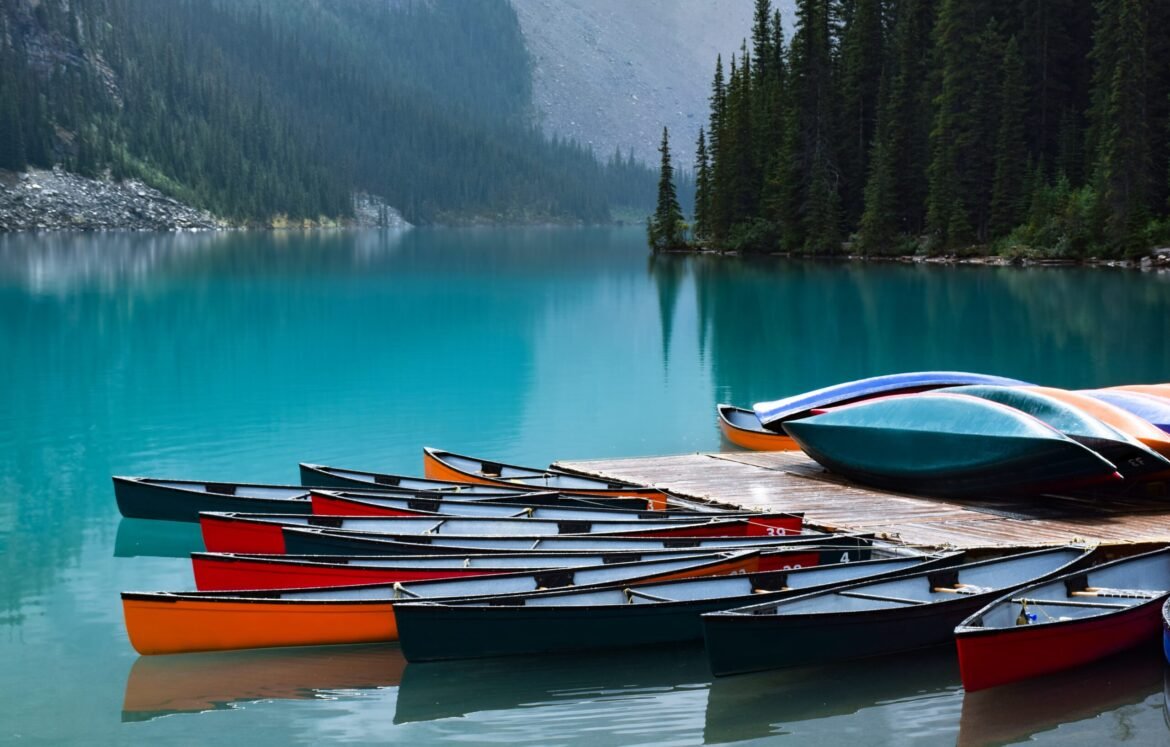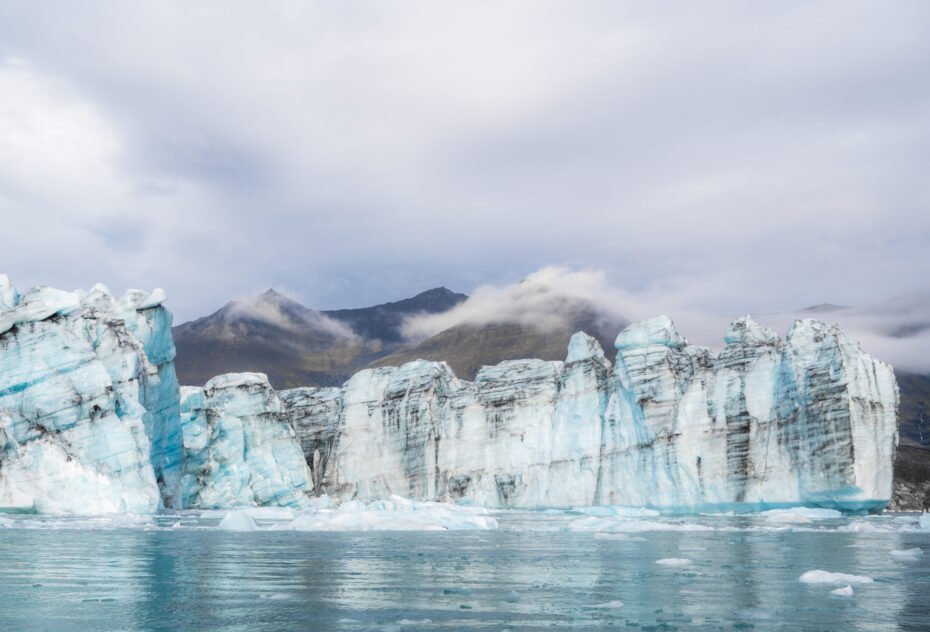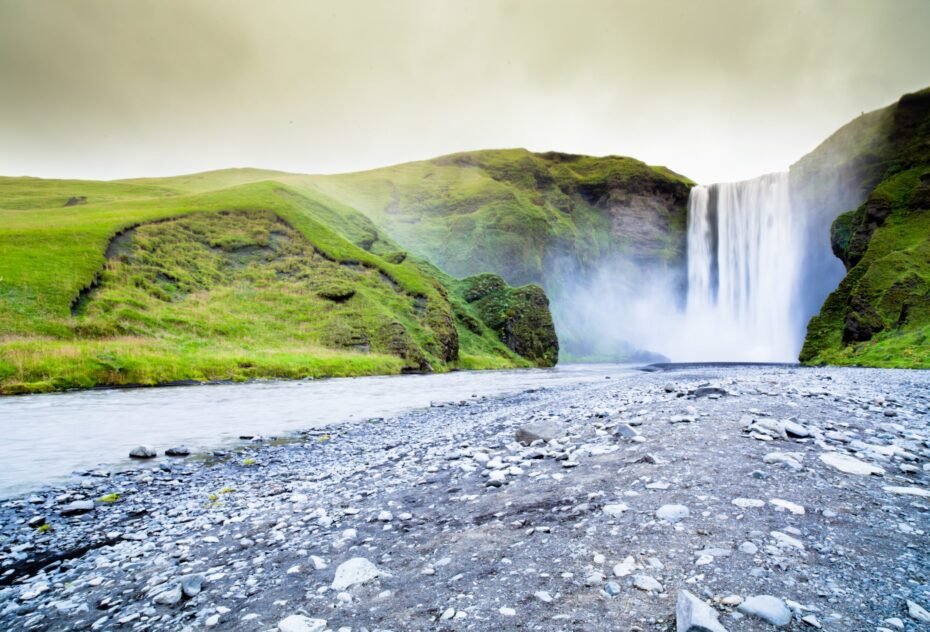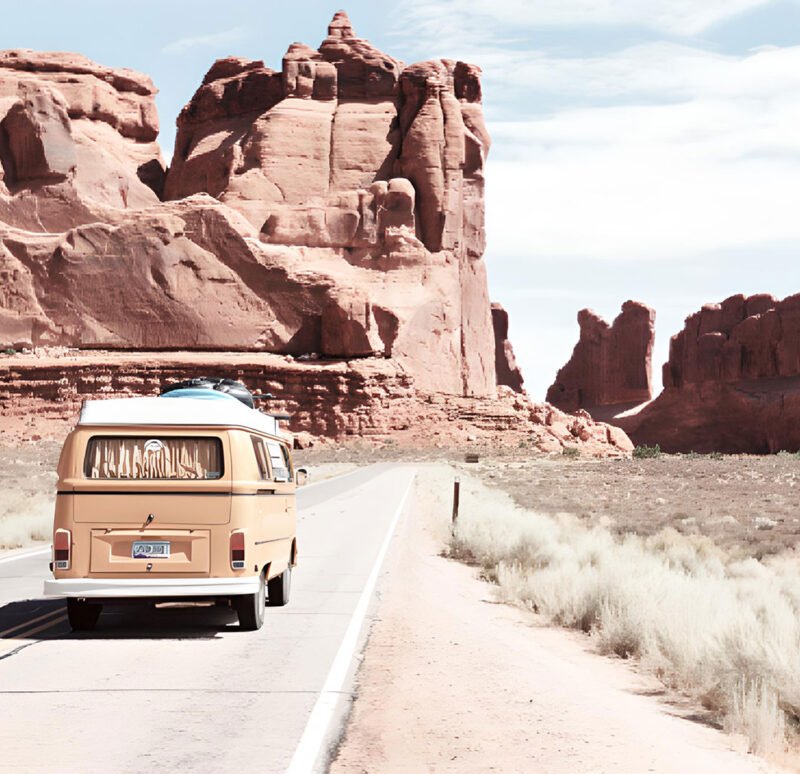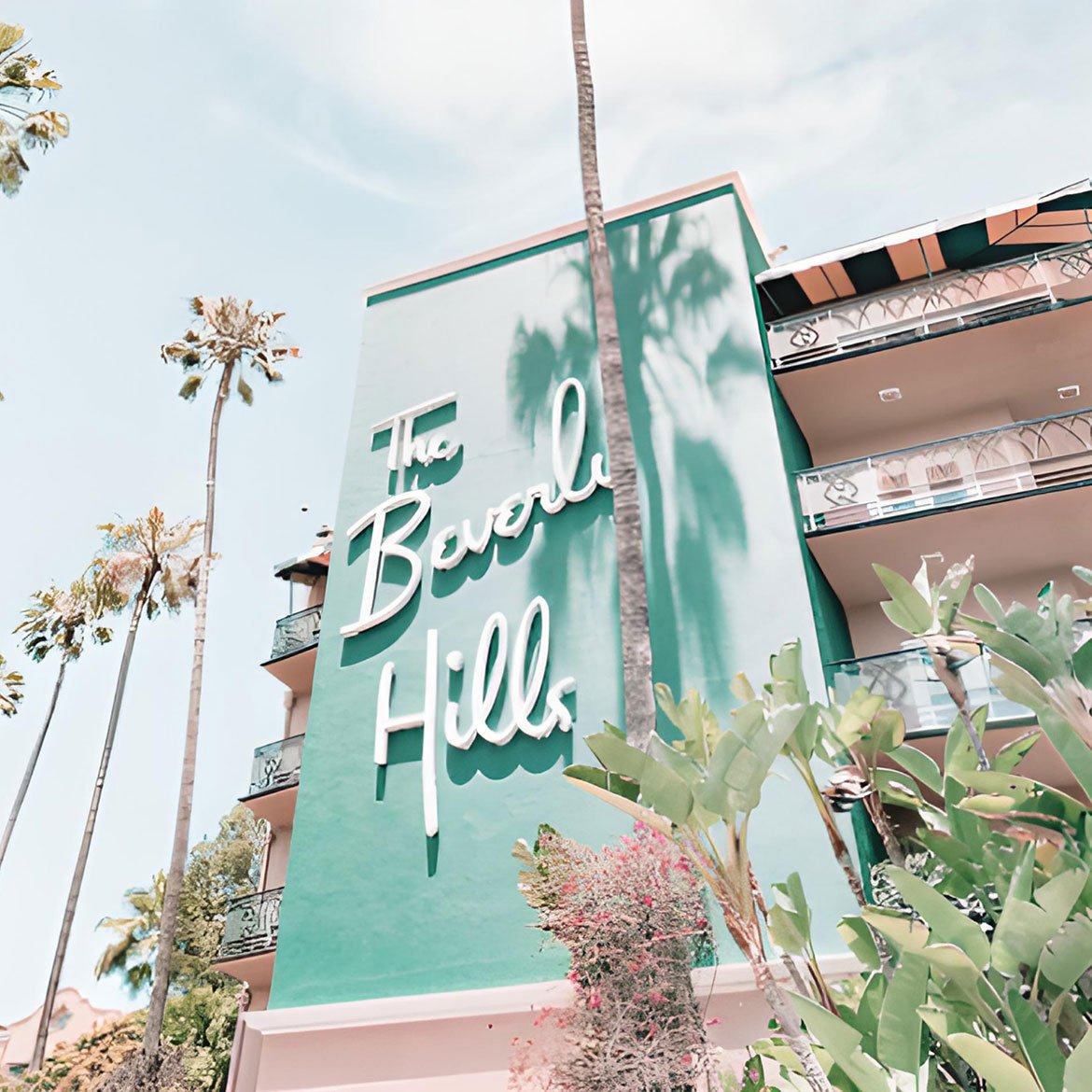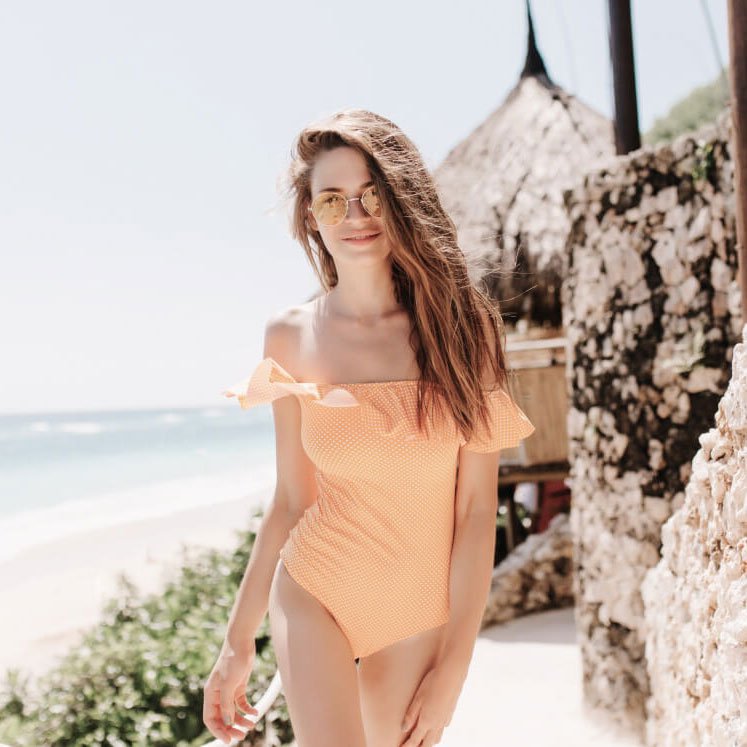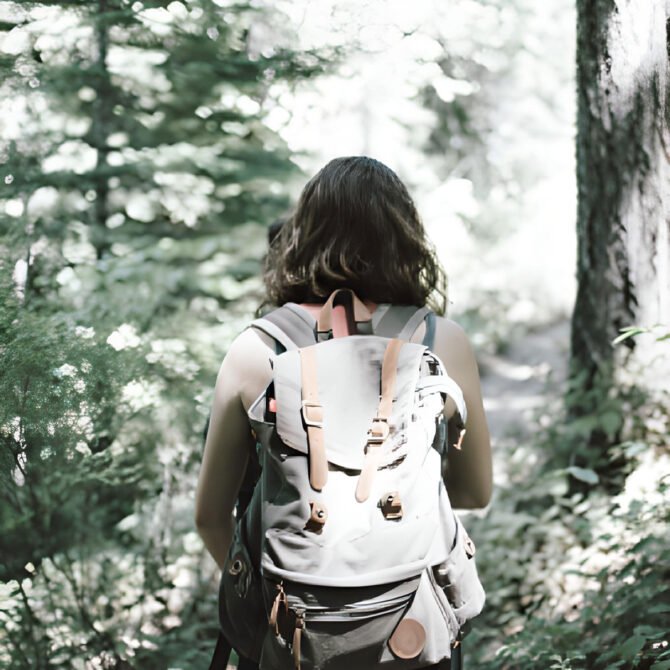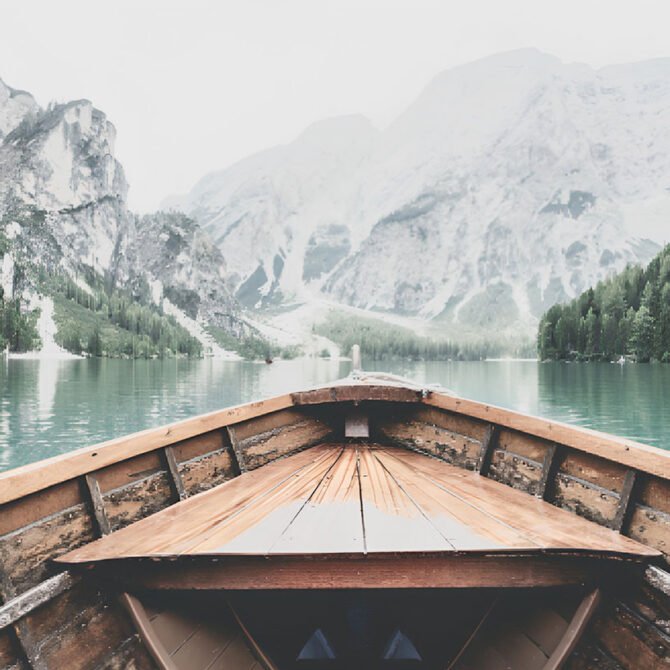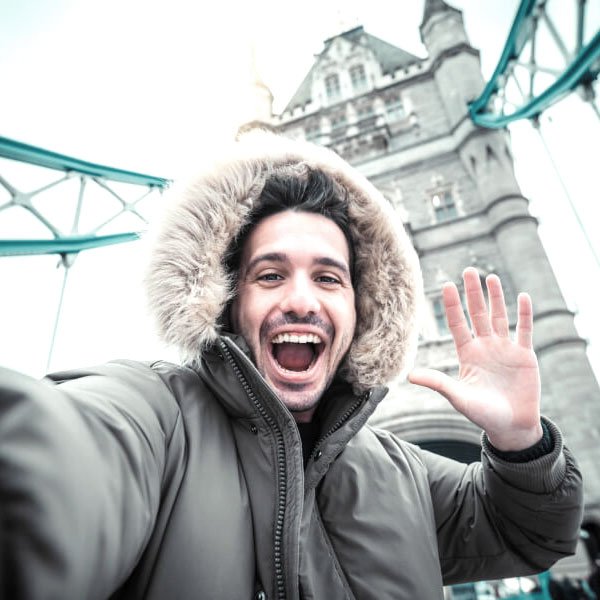Where every paddle stroke carries history, and each waterway tells an ancestral story.
Long before GPS, maps, or highways, rivers, lakes, and coastlines were the highways of the world — and canoes were the vessels of culture, connection, and survival. For many Indigenous communities around the globe, the canoe is more than just a boat — it’s a symbol of heritage, resilience, and spiritual identity.
Today, paddling these same waters offers modern travelers a chance to not only explore breathtaking natural landscapes, but to step into the rhythm of Indigenous traditions, stories, and wisdom passed down over generations.
Why Canoes Are More Than Transportation
To many Indigenous cultures, canoes represent:
- Connection to the land and water
- Ceremonial and spiritual journeys
- Storytelling vessels — literally and figuratively
- Unity and stewardship, especially when paddled in unison
Paddling a traditional canoe is a chance to engage deeply — not just with nature, but with the culture that has long known how to move with it, not against it.
Indigenous Canoe Traditions Around the World
Canada – First Nations and the Birchbark Canoe
Among many First Nations peoples, especially in the Algonquin and Anishinaabe traditions, birchbark canoes were vital for trade, travel, and spiritual rites.
- Paddle traditional routes in British Columbia or Ontario with Indigenous guides
- Learn about canoe-building methods, harvesting bark, and the symbolism in design
- Join multi-day expeditions or annual canoe gatherings like the Tribal Canoe Journeys
“The canoe is our gift from the Creator — a way to be on the water and still connected to our ancestors.”
New Zealand – Waka and Māori Seafaring
The waka (canoe) is a sacred symbol of the Māori people, representing both migration and identity. Some tribes trace their lineage to specific waka that first arrived in Aotearoa.
- Join waka tours on Lake Rotorua or Waitangi, led by Māori navigators
- Participate in haka (ceremonial performance) before paddling
- Hear stories of Polynesian ocean voyaging and celestial navigation
Pacific Northwest (USA & Canada) – Dugout Canoes and Revival Voyages
Tribes like the Haida, Tlingit, and Coast Salish carved dugout canoes from massive cedar logs, often for long-distance sea journeys.
- Explore coastal waterways in Washington State or Vancouver Island
- Experience canoe carving demonstrations and intertribal races
- Witness the cultural revival through annual canoe journeys and youth paddling programs
Philippines – The Balangay and the Austronesian Sea Voyagers
The balangay is an ancient wooden boat used by early Filipino communities for trade, migration, and exploration — evidence of the Philippines’ deep maritime heritage.
- Visit the Balangay Shrine Museum in Butuan
- Take part in Indigenous sea-faring festivals in Mindanao
- Discover the ongoing resurgence of traditional navigation practices
What You Learn from the Water
Paddling with Indigenous guides often includes:
- Learning about local flora and fauna used in traditional medicine
- Hearing legends, chants, and oral histories shared while drifting through sacred waters
- Understanding how communities still fight for water protection and land rights today
This is travel not as entertainment, but as respectful immersion and exchange.
How to Engage Respectfully with Indigenous Canoe Experiences
- Seek out community-led tours and Indigenous-owned operators
- Ask questions with curiosity, not assumptions
- Understand that some waters are sacred — paddling may require ceremony or permission
- Support local economies by purchasing crafts, donating, or amplifying stories
What Did the Paddle Teach You?
Was it the strength of the current beneath you?
The silence shared among paddlers?
Or the timeless feeling that, on these waters, you are never truly alone?
At Uncharted Sanctuary, we believe that canoeing with Indigenous communities is not just an outdoor adventure — it’s a journey across culture, time, and truth.
📌 Use #UnchartedWaters or #CanoeWithCulture
📷 Share your paddle moment, story circle, or sacred water view
📝 Submit your reflection at unchartedsanctuary.com
So pick up the paddle. Listen to the stories. Feel the rhythm of those who came before.
And let the water carry you into deeper understanding — stroke by meaningful stroke.





